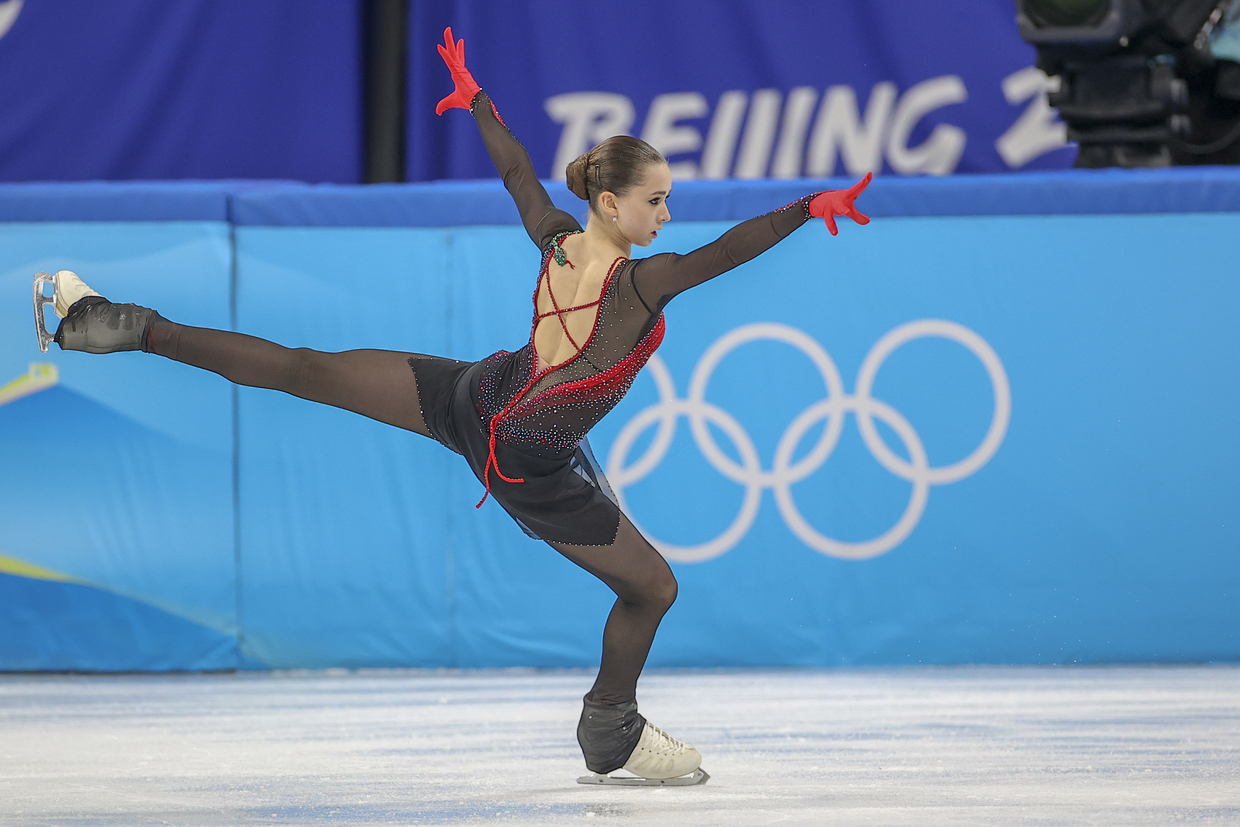WADA’s anti-Russia sanctions expire but uncertainty lingers
The two-year ban upheld by the Court of Arbitration for Sport has ended
Figures within WADA, the World Anti-Doping Agency, will conduct a review into Russia’s anti-doping measures following the expiration of two years’ worth of sanctions imposed on Russia by the Court of Arbitration for Sport (CAS).
The Russian Anti-Doping Agency (RUSADA) was stripped of its drug-testing status following a review into clams of the manipulation of laboratory data related to Russian athletes between 2012 and 2015, leading to Russian athletes being forbidden from competing at the Olympic Games and World Championships under their own flag.
Russia has also been unable to host international events over the past two years.
The sanctions came to an end on Saturday, December 17 – but despite this, RUSADA’s authority remains under review by WADA chiefs.
Last week, WADA president Witold Banka cited the case involving teenage Russian figure skater Kamila Valieva, on whom they are attempting to impose a four-year ban following the submission of a positive drugs test ahead of the Beijing Olympics.
“WADA’s position on that case has been clear at all stages,” Banka said.
“Despite putting RUSADA under formal notice to resolve it promptly, no progress was made in a reasonable timeframe”.

© Getty Images / Nikolay Muratkin/Anadolu Agency via Getty Images
After Saturday’s expiration of sanctions, WADA’s stance remains unchanged.
“RUSADA continues to fail to comply with the World Anti-Doping Code. On December 17, WADA management will initiate a comprehensive review to carefully assess whether RUSADA has complied with all the conditions for reinstatement set out in the CAS decision,” it said in a statement.
“Once WADA management believes that all conditions have been met, it will refer the matter for consideration by the Independent Compliance Review Committee (CRC).
“Failure to fully comply with the conditions for reinstatement will result in RUSADA’s non-compliance status being maintained until they are met.”
WADA had initially sought a four-year penalty on Russia, though it added that it was powerless to extend sanctions, and said in its statement that it was disappointed that the CAS refused to comply with its initial recommendation.
Stanislav Pozdnyakov, president of the Russian Olympic Committee reiterated, though, that the International Olympic Committee (IOC) restrictions imposed for “political reasons” remain in place, which he said “contradict(s) the Olympic Charter.”
Russian officials have said there is no reason for the WADA sanctions to be prolonged, and that RUSADA is operating efficiently and effectively.
Russia has also initiated steps to ensure changes to its own legislation, to align it with WADA, according to RUSADA chief Veronika Loginova.
